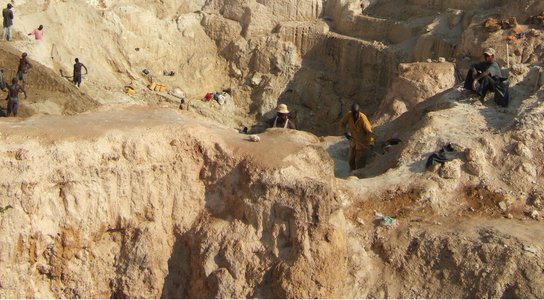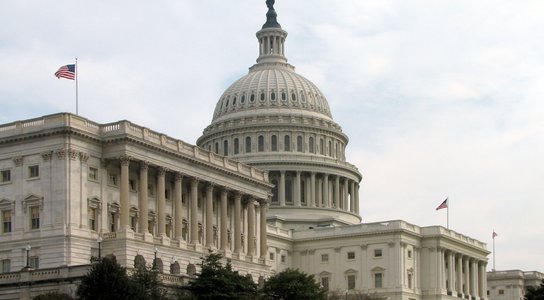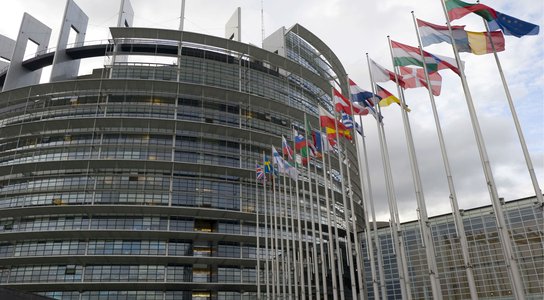Nearly 80 per cent of U.S. public companies analyzed by human rights groups are failing to adequately check and disclose whether their products contain conflict minerals from Central Africa, reveals a new report by Global Witness and Amnesty International.
The report, Digging for Transparency, analyzes 100 conflict minerals reports filed by companies including Apple, Boeing and Tiffany & Co under the 2010 Dodd Frank Act (Section 1502), known as the conflict minerals law. The findings point to alarming gaps in U.S. corporate transparency.
Under the law, more than one thousand U.S.-listed companies that believe they may source minerals from Central Africa submitted reports to the U.S. Securities and Exchange Commission in 2014, the first year they were required to do so. The law is designed to reduce the risk that the purchase of minerals from Central Africa contributes to conflict or human rights abuses.
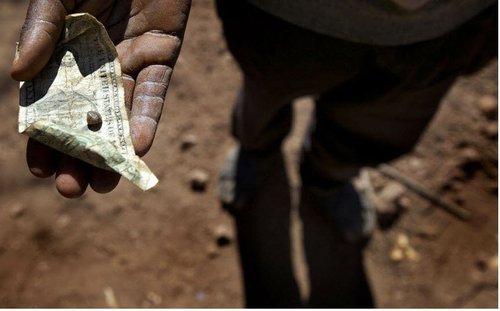 The Democratic Republic of Congo (Congo) is an important source of minerals - including gold, tin, tungsten and tantalum - for global businesses. These minerals are essential for electronic devices, such as smartphones and laptops. For over fifteen years armed groups in eastern Congo have preyed on the mining sector to finance their operations with devastating impact, committing gross human rights abuses in the process.
The Democratic Republic of Congo (Congo) is an important source of minerals - including gold, tin, tungsten and tantalum - for global businesses. These minerals are essential for electronic devices, such as smartphones and laptops. For over fifteen years armed groups in eastern Congo have preyed on the mining sector to finance their operations with devastating impact, committing gross human rights abuses in the process.
The report’s key findings include:
- 79 of the 100 companies analyzed failed to meet the minimum requirements of the U.S. conflict minerals law.
- Most companies in the sample are not doing enough to map out the supply chain of the minerals they purchase. Only 16 per cent go beyond their direct suppliers to contact, or attempt to contact, the smelters or refiners that process the minerals.
- More than half of companies sampled do not even report to senior management when they identify a risk in their supply chain.
Global Witness and Amnesty International’s analysis also shows that one in five surveyed companies did comply with the law’s requirements. This dismantles the argument put forward that implementation is too difficult and too expensive - there is no excuse for companies failing to properly investigate their supply chains.
Congo’s minerals are exported, smelted, and sold internationally, where they end up in cell phones, laptops, or as pieces of jewelry. We know that some of these minerals sourced from conflict-areas have funded violence, abuses, and corrupt criminal networks. And yet, the response of international companies and states has been too slow and timid to make the necessary fundamental changes. - Dr Denis Mukwege, Congolese surgeon and medical director of the Panzi Hospital, writes the foreword to our report.
The second set of U.S. company Conflict Minerals Reports will be submitted in June. We urge companies to improve their supply chain investigations and their future reports.
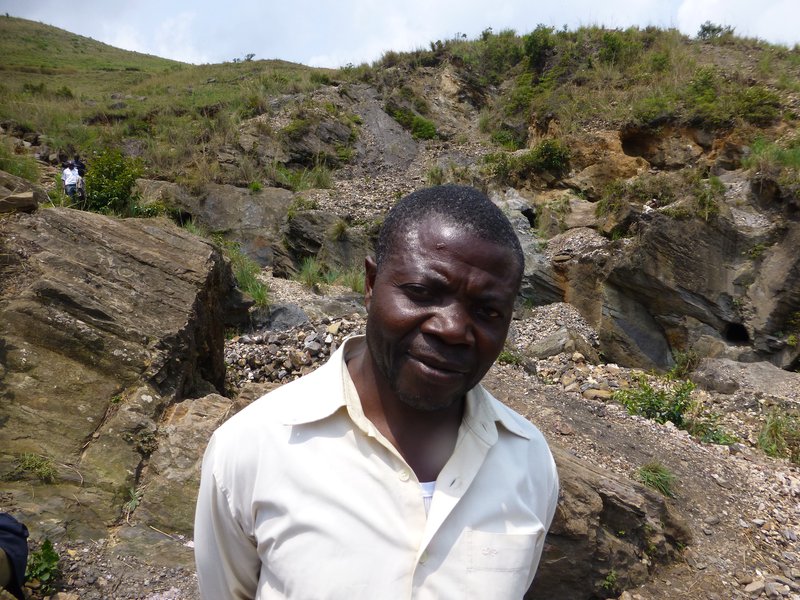
"In November 2012, I sold my own car to get capital to buy minerals here and to pre-finance diggers. I sold it for $4000 and…was able to buy two tonnes of mineral. But then members of the army came and plundered the mineral that I’d bought, so I lost my capital... I’ve been back here a year now, digging and working. The diggers here have no food or tools. They have no support; no guarantees." Larisse (not his real name), a 37-year-old miner and father-of-six, from Walungu territory, eastern DRC.
